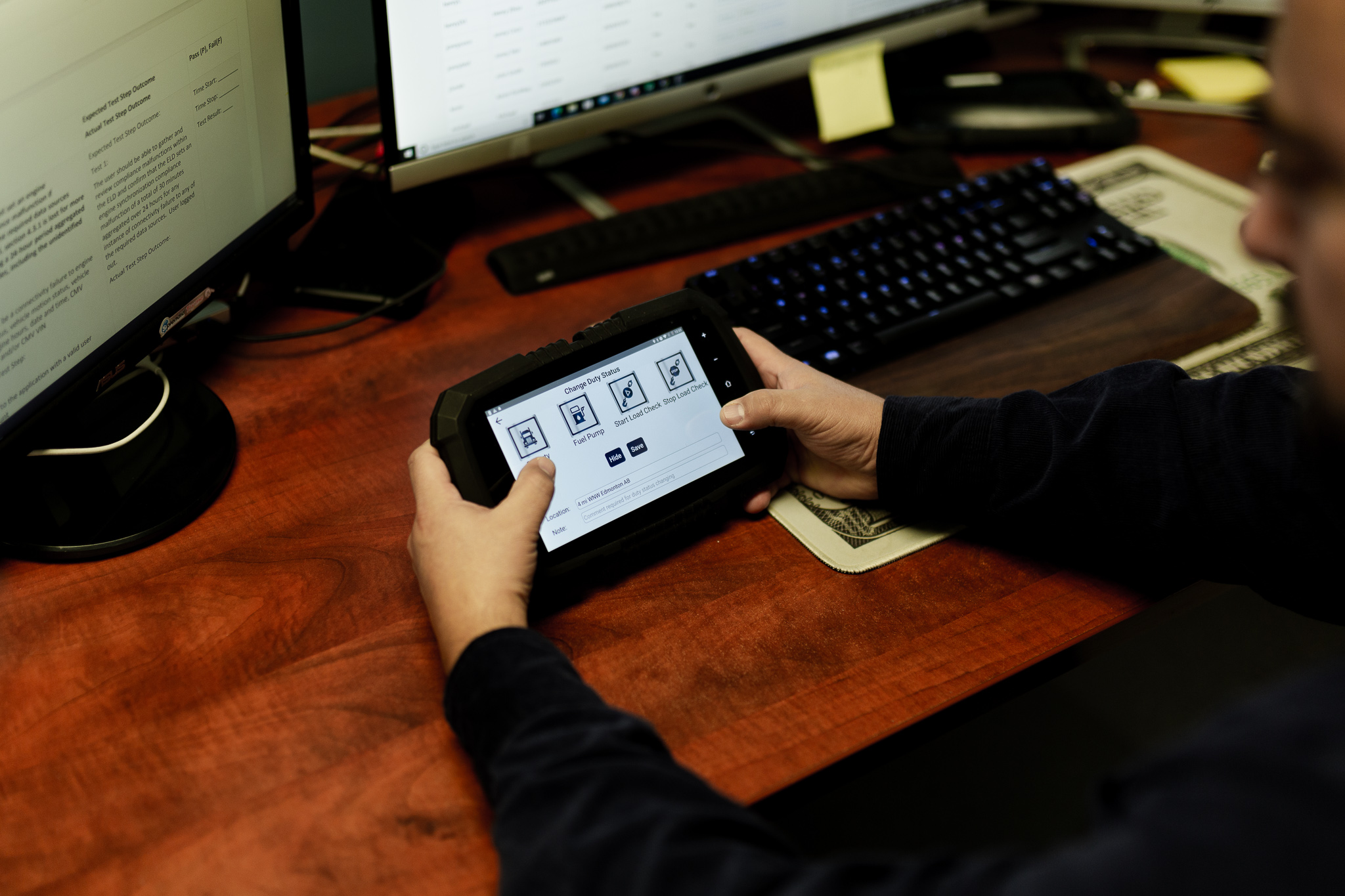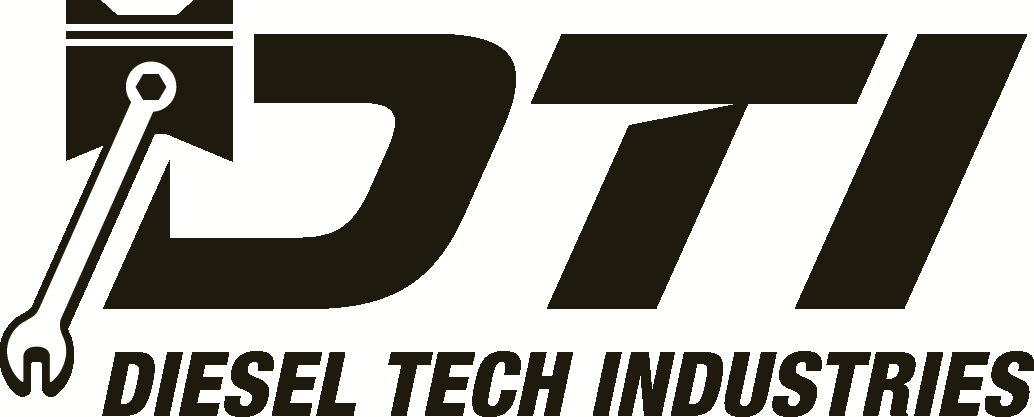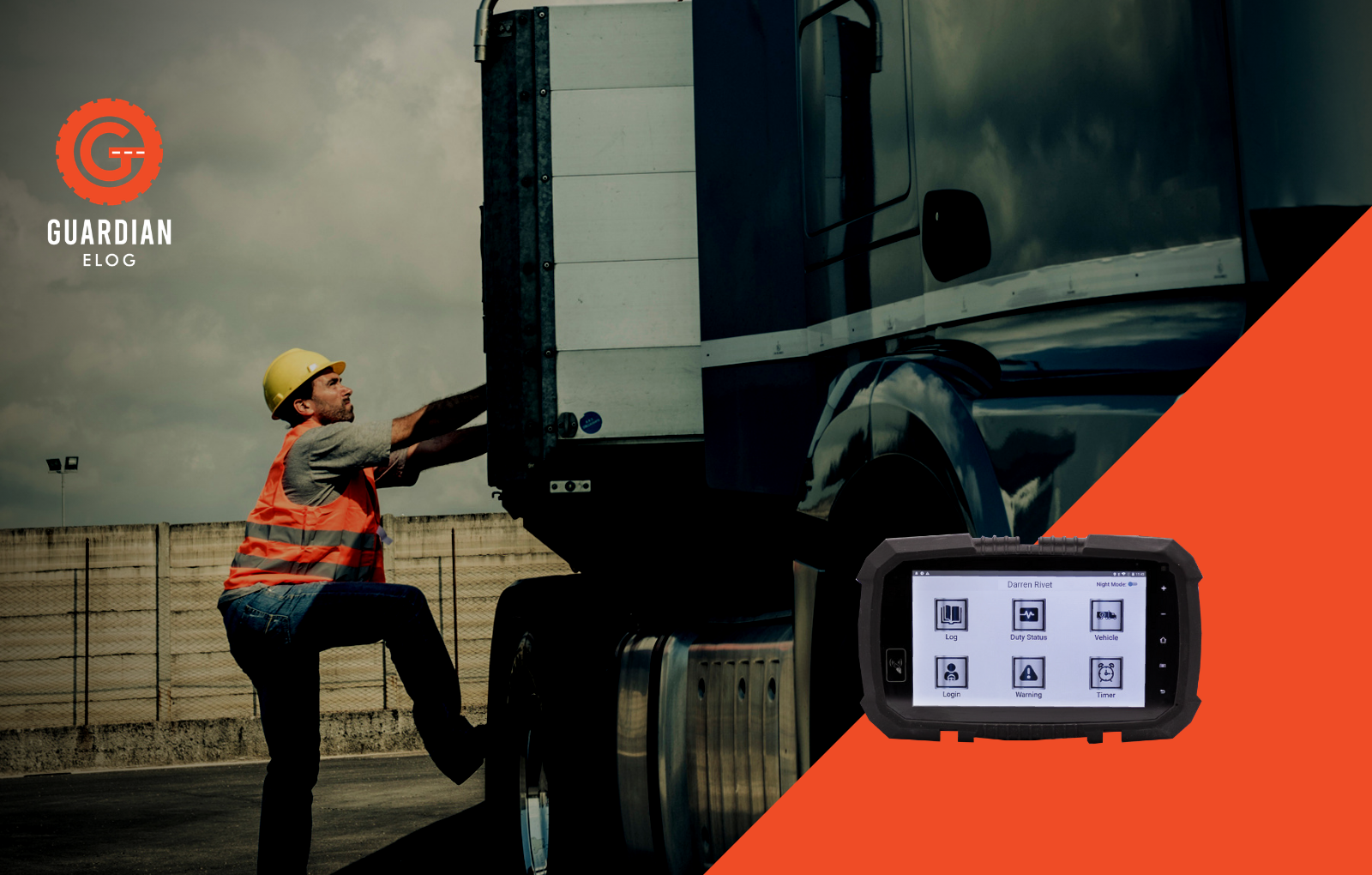Something to think about…
Many of us have gotten used to things the way they are; like any business, transport companies and independent drivers anticipate some financial losses. It’s usually chalked up to the price of doing business, whether it’s an accounting error or disputes regarding pick-ups or drop-offs.
This reminds me of a story a driver, using the Guardian ELOG, once told me. The Driver, for privacy reasons we’ll call him Cooper. Well, Cooper was contracted by a company, that we’ll refer to as Ubiquitous Equipment, to transport one of their machines. Being the experienced transport specialist that he is, Cooper had no problem agreeing to the contract. Ubi Equip’s employees at Site “A” were efficient at loading, strapping, and battening down, as they made the great machine ready for the perilous journey to Site “B”.

With his itinerary planned and the course set, Cooper began his trek from A to B. Our hero traversed the countryside across highway after highway. The snow-hooded mountains loomed in the distance as cooper followed the winding blacktop that seemed to go on forever and disappear into the horizon. Before long these views were filed away in the memories of voyages past. When Cooper made it through the directing, unloading, and filing at Site B, his delivery was complete.
The resulting invoice from Cooper’s tour de force noted the travel time and distance including the intervals required for Ubiquitous Equipment to load and unload their precious cargo. It was at this point in the story that a conflict arose, it seemed that U.E.’s record of the pick-up, which was a paper log, did not match what was invoiced. The dispute was that Cooper had overcharged the company, by invoicing time at the pick-up location that was considerably longer than what U.E. had on their paper record. Ordinarily, a dispute of this nature would have been argued over and ultimately gone in favour of the customer and not the transport professional. The only scenario benefiting a driver would most likely be negotiating the dispute to split the difference with the customer, which would still be a loss for the driver.
ELD to the rescue!

This dispute was resolved easily in a matter of minutes. By showing his automatic and incorruptible electronic log, Cooper was effortlessly able to prove when, where and how long, he was at the pick-up location.
The accuracy and efficiency of the ELD removed all doubts, eliminating the need to negotiate through the dispute. In the end, Cooper’s invoice was paid in full without protest.

Innovation and change can make anyone apprehensive, especially for those of us who have become accustomed to doing our work in a particular way and may resist new technology.
Sometimes, the best way to handle adapting to the latest technology trends is to take it one step at a time. A good first step would be to acknowledge the many cost-saving benefits of ELD. Chat with an industry peer or transport professional, stories like Coopers’ are a dime a dozen.


